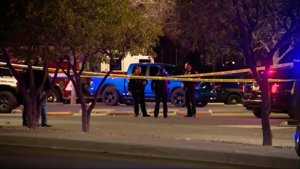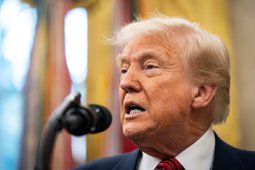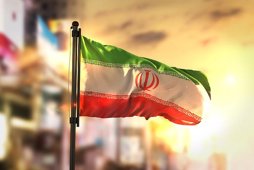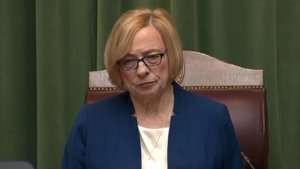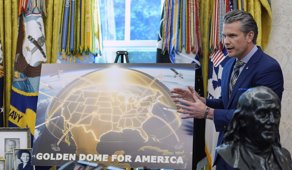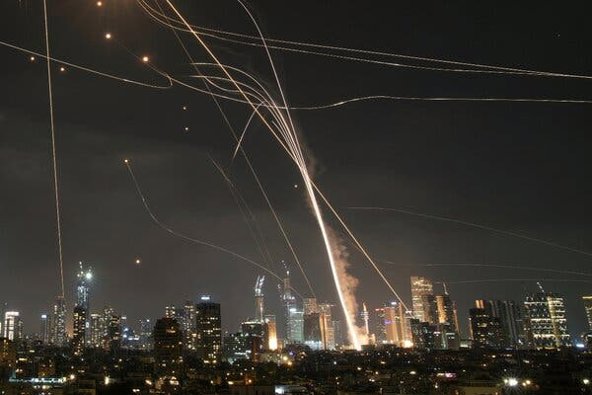
Trump Officials Tested by Escalating Iran Nuclear Crisis
As Israel strikes Iran, Trump’s top officials confront their first major foreign policy test, sparking debate on U.S. involvement.
Key Trump Officials Face Escalating Middle East Crisis
President Donald Trump’s administration is navigating its first major foreign policy challenge as Israel’s preemptive strikes on Iran draw the United States closer to direct involvement. Secretary of Defense Pete Hegseth, Director of National Intelligence Tulsi Gabbard, and White House press secretary Karoline Leavitt are under intense scrutiny as they respond to an international crisis that could shape the future of U.S. foreign policy.
The new national security team, praised by many conservatives but questioned by critics for their experience, now faces a decisive test of their readiness and leadership. The stakes are high, with the potential for U.S. military engagement against Iran and global repercussions for American alliances and security interests.
Defense Secretary Hegseth Defends Pentagon Readiness
Pete Hegseth’s confirmation as defense secretary was fiercely debated in the Senate, with some lawmakers challenging his qualifications. Despite the controversy, Hegseth, an Ivy League graduate and decorated National Guard veteran, has emphasized restoring a "warrior culture" focused on readiness, meritocracy, and standards. "President Trump leads from the front, and he has assembled a highly qualified, world-class team," said White House spokeswoman Anna Kelly.
Hegseth told the Senate Armed Services Committee that his main charge was to ensure the Pentagon was prepared for any conflict. He declined to confirm whether U.S. forces would join Israeli strikes on Iran but assured senators the Department of Defense is "preparing options." Hegseth joined Trump in the White House Situation Room as the team monitored the intensifying conflict, highlighting the urgency of the administration’s response.
DNI Gabbard and Intelligence Assessments Under Spotlight
Director of National Intelligence Tulsi Gabbard, also facing skepticism over her appointment, drew criticism for her lack of prior intelligence experience. Gabbard, a former U.S. representative and Iraq war veteran, defended her independence and commitment to the Constitution during confirmation. She testified in March that U.S. intelligence assessed Iran was not actively building a nuclear weapon, but acknowledged the country’s unprecedented uranium stockpile.
President Trump has downplayed Gabbard’s testimony, stating, "I don't care what she said. I think they were very close to having one." Administration officials stressed that Gabbard’s comments reflected available intelligence at the time, and maintained that she and Trump are aligned in their view that Iran poses a serious nuclear threat.
Press Secretary Leavitt Faces Her First International Test
White House press secretary Karoline Leavitt, the youngest to hold the post, has become known for her vigorous defense of administration policies in domestic affairs. With the Israel–Iran conflict, Leavitt now faces her first major international crisis, tasked with articulating the administration’s stance on possible U.S. involvement. Her initial press briefing since the conflict escalated is highly anticipated as the world looks for clarity on the U.S. response.
The flaring Iran nuclear crisis is seen as a pivotal moment for Trump’s top officials. Their decisions and communications in the coming days will not only determine the U.S. role in the Middle East but also define their legacies as leaders during a critical juncture for American foreign policy. As President Trump weighs all options, the world watches to see whether his administration will pursue further military action or seek diplomatic solutions to contain the threat.

